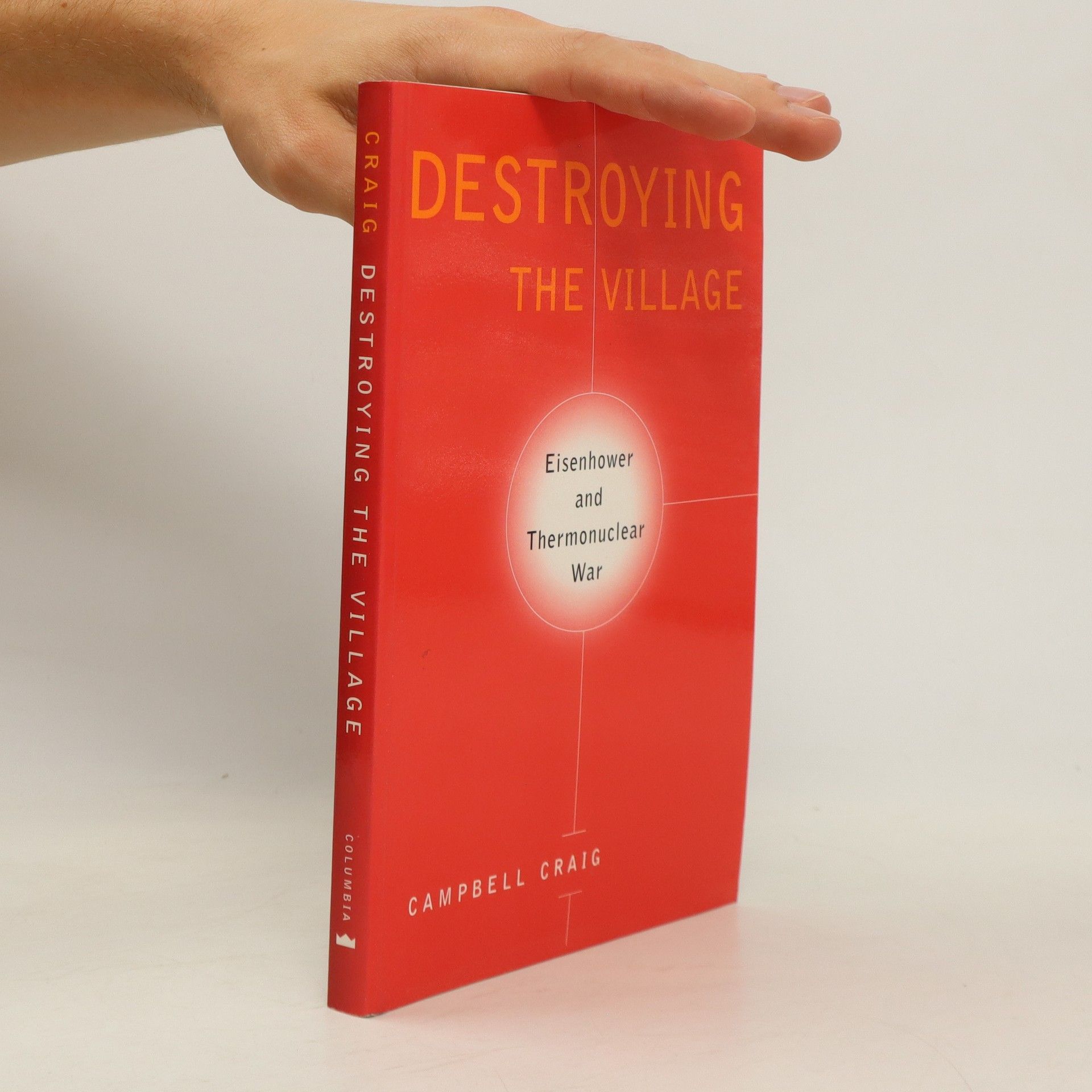This book moves beyond the focus on economic considerations that was central to the work of New Left historians, examining the many other forces-domestic politics, bureaucratic inertia, quirks of personality, and perceptions of Soviet intentions-that influenced key decision makers in Washington. schovat popis
Columbia Studies in Contemporary American History Serie
Questa serie approfondisce gli eventi intricati e i profondi cambiamenti sociali che hanno plasmato l'America moderna. Ogni volume offre un esame meticolosamente ricercato di epoche fondamentali, lotte politiche e rivoluzioni culturali. Fornisce ai lettori una comprensione completa della vita americana e della sua continua evoluzione nel passato recente. È una lettura essenziale per coloro che sono interessati alla politica, alla sociologia e all'identità americana.


Ordine di lettura consigliato
In the early days of the Cold War, thermonuclear conflict was everywhere an imminent threat. With the realization that mutual destruction was the likely result of a nuclear war, US policy makers were forced to articulate a coherent stance on what they would do if the United States went to war with the USSR. The paradox of defeat or mutual annihilation was one that plagued American policy makers and scholars, whatever their stated position.